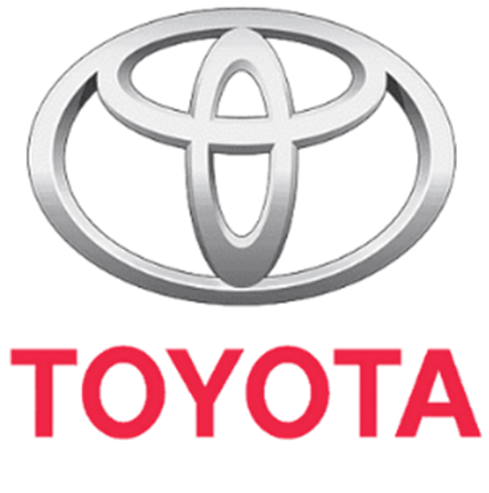
Methodology
Toyota faced significant challenges in maintaining consistent service and sales hygiene across its dealership network, leading to discrepancies in customer experience and operational efficiency. Variability in service quality, delayed responses, and improper sales practices undermined customer trust and satisfaction. Moreover, issues like black marketing—where dealers charged unauthorized premiums, created artificial shortages, and prioritized high-paying customers—contributed to unfair trade practices. These problems not only damaged customer perception but also posed serious risks to Toyota’s brand reputation and compliance with industry regulations, threatening its long-term standing in the market.
Challenges
To address these challenges, Toyota developed a structured audit framework to evaluate dealership compliance, service hygiene, and sales integrity. Mystery shopping, customer surveys, and on-site inspections were carried out to identify gaps in service quality and sales practices. Digital monitoring tools were implemented for real-time tracking of dealership performance. Policies were strengthened to prevent black marketing, with stricter pricing guidelines and transparent vehicle allocations. Comprehensive training programs for dealership staff emphasized ethical sales practices, customer engagement, and compliance. A grievance redressal mechanism was also introduced, allowing customers to report unfair trade practices and ensuring accountability.

.jpeg)
Methodology
The implementation of the audit framework led to significant improvements across Toyota’s dealership network. Service hygiene standards were standardized, ensuring a more consistent and professional customer experience. Increased transparency in pricing and sales processes reduced black marketing, boosting customer trust. Dealerships that adhered to Toyota’s ethical guidelines saw higher customer retention and satisfaction. Regulatory compliance was strengthened, minimizing legal risks and ensuring fair trade practices across the network. Toyota’s proactive approach reinforced its reputation as a customer-centric, integrity-driven organization, further solidifying its position in the market.
Results
To sustain these improvements, Toyota should implement continuous monitoring through periodic audits and digital tracking systems to ensure ongoing compliance. Regular training sessions for dealership staff should be held to reinforce best practices in service and sales. A centralized reporting system should be created to allow customers to easily report unethical practices, ensuring swift corrective actions. Introducing performance-based incentives for dealerships maintaining high service standards and ethical sales practices will encourage ongoing compliance. Strengthening customer feedback mechanisms and using AI-driven analytics will help Toyota proactively address emerging challenges, ensuring long-term success and customer loyalty.
.jpeg)
